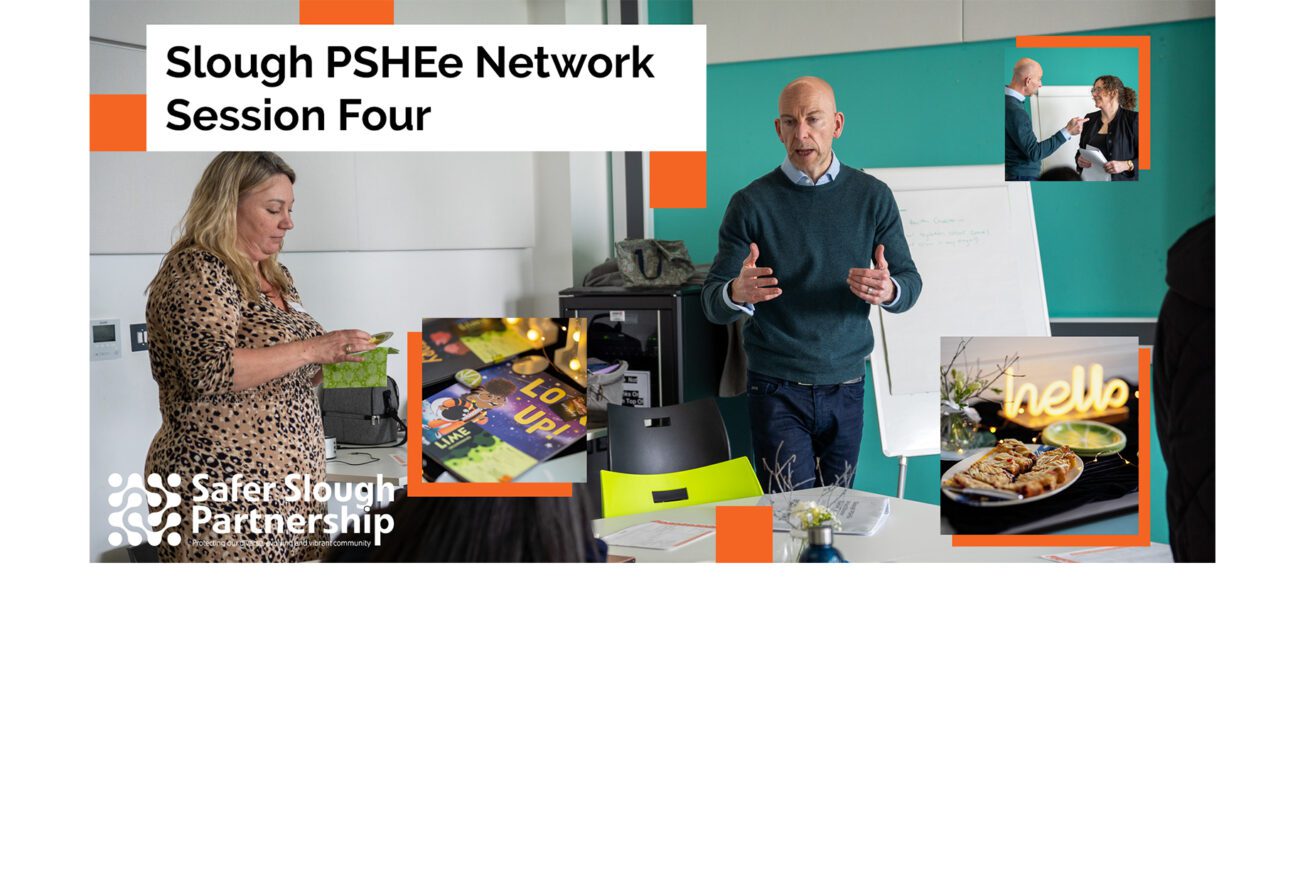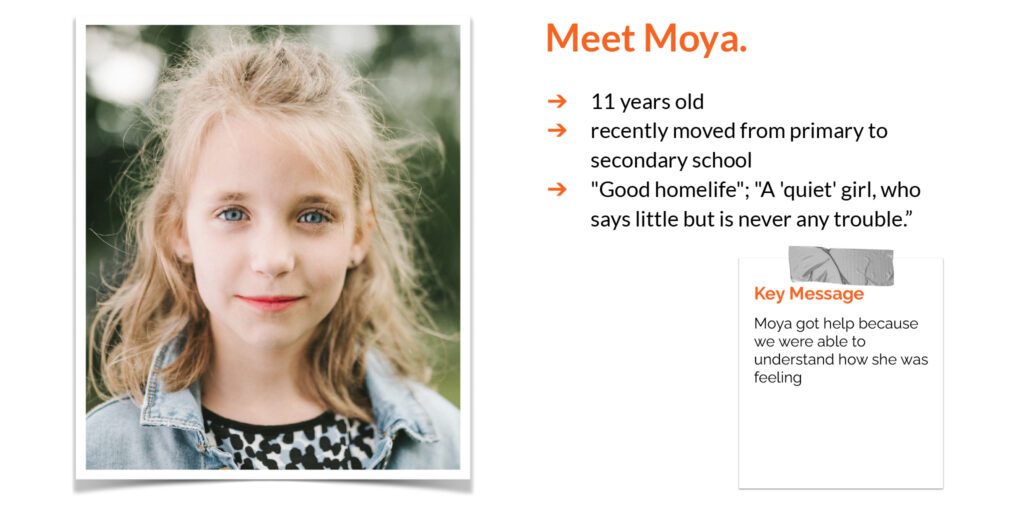PSHE Education Network Workshop Four
Unlocking Effective Interventions in PSHEe: Insights from Workshop Four

Unlocking Effective Interventions in PSHEe: Insights from Workshop Four

In our latest PSHEe Network Workshop Four meeting, we considered the foundational concept of “first principles thinking” and its application in designing effective interventions. First principles thinking involves distilling complex issues into their fundamental components, enabling us to develop targeted strategies. This approach offers a valuable methodology for dissecting challenges within our educational landscape, particularly when considering effective intervention design.

We discussed the importance of engaging young people directly in intervention design, particularly in PSHEe, which aims to equip them with the knowledge and skills necessary to make safe and informed decisions. This involves creating opportunities for dialogue and feedback, including formal instruments such as surveys and questionnaires and more informal conversation. By incorporating young people’s perspectives, interventions become more relevant and impactful. We emphasised the significance of this principle and its role in shaping evidence-based practices.
We shared an example of one young person we’d heard about to illustrate the transformative power of sound measurement. Moya was one of those pupils who sailed under the radar until her data from the Choices Programme revealed underlying issues. This led to the discovery of online grooming, highlighting the importance of triangulating data points and intervening effectively. Moya’s story highlights the critical role of PSHEe in safeguarding students’ safety and well-being.

Outcome monitoring was discussed as a crucial aspect of intervention design. We emphasised the importance of using externally validated measures to inform interventions effectively. Our second principle emphasises the need for measures to meet scientific standards of validity and reliability. Additionally, we introduced the 4Cs framework—understanding Context, Catchment, Community, and Culture—as vital considerations in PSHEe practice. Focusing on the 4th C, Culture, we highlighted its significance in shaping PSHEe provision within schools.
Subject Monitoring Practices and Implementation
We reviewed subject monitoring practices and discussed their implementation. The online tool Nexus was introduced to aid performance monitoring, emphasising the importance of continuous monitoring and improvement.
As we continue our journey in the PSHEe Network, we’re committed to empowering practitioners to use evidence-based practices effectively. By engaging young people directly, leveraging validated measures, and considering contextual factors, we can create interventions that make a meaningful difference in their lives.
If you want to know more or get involved, please get in touch here. Stay tuned for more updates and insights from our PSHEe Network Workshop!
Leave a Reply